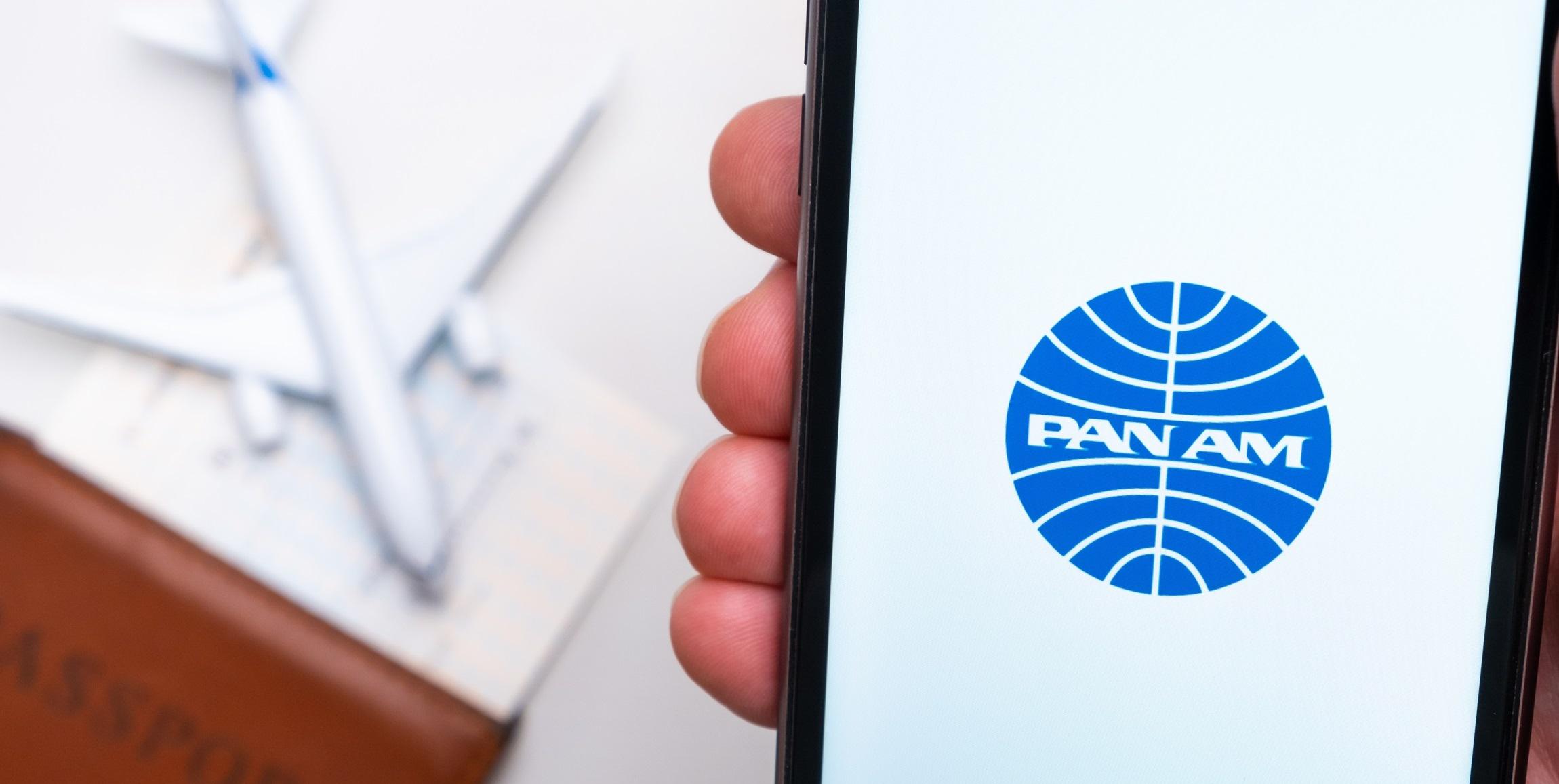Is travel insurance worth it for business trips?

Travel insurance probably isn’t the first thing you think about when booking a business trip. But if a flight gets delayed, a bag disappears, or someone has to cancel at the last minute, the right coverage can save you from unexpected costs.
So how do you decide if travel insurance is worth it? This guide breaks down when coverage is worth buying, what it covers, how much it costs, and where to get it.
Why get travel insurance?
Travel insurance adds value when a business trip involves risk, whether the risk is financial or logistical (or both). If a small disruption could cost your team time, money, or resources, insurance might be a smart safeguard. Here are common scenarios where it pays off:
- Non-refundable bookings: When prepaying for flights, hotels, or conference fees that don’t offer refunds, the right policy can protect those costs. If a client cancels a meeting or an employee falls ill the day before departure, trip cancellation insurance is worth it to ensure you don’t pay for a trip that never happens.
- Trips with multiple flights or layovers: More flights mean more chances for delays or missed connections. If someone gets stuck or has to rebook, insurance can help pay for extra hotel nights, meals, or new flights.
- Destinations with seasonal weather risks: If you’re sending someone to a place at risk of hurricanes, snowstorms, or flooding, travel insurance can cover delays or cancellations caused by bad weather.
- International travel: Domestic health insurance rarely covers medical expenses abroad. If an employee gets injured or sick overseas, travel medical insurance can save thousands in out-of-pocket costs, even paying for emergency evacuation if necessary.
- Expensive equipment or baggage: When employees travel with high-value gear like laptops, presentation kits, or samples, lost or damaged luggage can stall business and require costly replacements. Baggage insurance helps recoup losses and fund urgent purchases.
When you might not need travel insurance
Extra coverage isn’t necessary for every trip. If the trip costs very little—like a cheap train ticket and a refundable hotel—there’s not much to protect. Paying for insurance in this case usually doesn’t make financial sense.
Risks are also low for short, in-state trips or same-day meetings with no checked baggage. If something comes up, it’s often easier (and cheaper) to reschedule or absorb the cost than to file a claim.
What does travel insurance cover?
Most policies cover a few key areas, like trip cancellations, medical emergencies, and lost luggage. Knowing what’s included will help you match coverage to real business travel risks.
Trip cancellation insurance
Trip cancellation insurance helps you recover non-refundable travel purchases like airfare, accommodations, or tour packages if you cancel the trip for a covered reason. These reasons often include things like unexpected illness or injury, a family member’s passing, jury duty, or extreme weather events. This kind of protection is especially valuable for expensive itineraries where changes aren’t possible.
Travel medical insurance
Travel medical insurance provides coverage for healthcare expenses if you become ill or injured while outside your home country. Since many domestic health insurance plans don’t extend abroad, this type of policy can cover emergency treatment, hospital treatment, hospital stays, doctor visits, lab work, and medications. It’s particularly important if you’re engaging in activities where injury risk is higher.
Medical evacuation insurance
If you’re seriously injured or ill and local care isn’t sufficient, this insurance covers emergency transportation to the nearest hospital or back home. Medical evacuations from remote or international locations can cost tens of thousands of dollars, so this type of coverage is a safety net if you’re far from advanced care.
Travel delay insurance
When your trip is postponed because of reasons outside your control, such as flight cancellations or severe weather, travel delay insurance helps cover costs that come up while you’re waiting, including meals, transit, or lodging if you’re stuck overnight. It’s a useful safeguard for itineraries with tight connections or long layovers.
Trip interruption insurance
If you have to cut your trip short due to a medical emergency or family crisis, insurance can cover the cost of returning home and reimburse you for non-refundable parts of your trip. It’s useful for ensuring that you don’t lose your entire investment if something happens mid-travel.
Travel insurance for missed connections
This coverage can pay for rebooking and accommodations if you miss a flight, cruise, or tour departure because of a delay outside your control, like a late inbound flight. It’s especially valuable for trips with tight schedules or multiple legs.
Baggage delay and baggage insurance
If your luggage arrives late or goes missing altogether, baggage coverage pays for essentials you need immediately and replaces lost or damaged items. This coverage is particularly helpful for travelers with scheduled events or work commitments who can’t afford to be without their belongings.
“Cancel for any reason” travel insurance
This optional add-on lets you cancel your trip for reasons not typically covered, like changing your mind or accommodating a work conflict. You’ll usually receive a 50-75% reimbursement. It’s most useful for travelers with unpredictable schedules or those who book far in advance.
What does travel insurance not cover?
Insurance policies have limits, and some exclusions are common across most providers. Knowing these limits upfront can help set expectations and prevent denied claims.
Adventure sports and activities
Standard plans rarely cover injuries from high-risk activities like scuba diving, skiing, or mountain climbing. If business travelers plan excursions or team outings, additional coverage may be required.
Pre-existing medical conditions
Unless declared and covered by a specific rider or waiver, most policies exclude pre-existing health issues. If someone travels with a known condition, make sure it's covered or adjust accordingly.
Non-emergency medical treatment
Routine medical care, checkups, or elective procedures during a trip are generally not reimbursed. Travel insurance is meant for urgent and unexpected health needs—not maintenance.
How much does travel insurance cost?
Travel insurance usually runs between 4% and 10% of your total trip cost. For a $2,000 business trip, that’s about $80 to $200.
Your travel insurance rate depends on a few key factors:
- Trip length: Longer trips generally cost more to insure.
- Destination: Travel to high-risk countries or areas with limited medical care typically raises the price.
- Traveler age: Older travelers often pay more for coverage.
- Coverage level: Basic plans are cheaper but more limited. Comprehensive plans cost more and cover more.
If you’re budgeting ahead, this travel budget template can help you plan for insurance along with everything else.
Where to buy travel insurance
There are a few good ways to get coverage. The right fit depends on how you book and what protection you’re looking for:
- Airlines: Many airlines offer travel insurance during checkout. It’s quick to add, but the coverage is usually limited. Always check what’s included and how to file a claim.
- Credit cards: Some premium credit cards include basic travel insurance when you use the card to book. It’s a nice extra, but it often won’t cover everything you might need.
- Travel insurance companies: Providers like Allianz, AIG, and Seven Corners sell standalone plans you can tailor to your trip. These options are great for international travel or multi-stop itineraries that need more coverage.
- Membership groups: Certain business travel clubs or associations offer bundled or discounted plans, sometimes with year-round coverage.
- Engine Flex Pro: Built for business travelers who want less hassle, Flex Pro lets you change or cancel hotel bookings without penalties, so you can protect your trip without juggling a separate insurance policy.
Keep business travel covered with Engine
The benefits of travel insurance extend beyond peace of mind—insuring a trip can protect your budget and your timeline. It’s a smart way to reduce stress when flights are delayed, bags go missing, or plans shift.
Engine makes business travel smoother by letting you manage flights, hotels, and car rentals in one place. Travel managers can even create custom travel policies to align with the company’s insurance coverage and risk needs.
Whether you're booking corporate travel for yourself or a whole team, pairing Engine with the right coverage keeps trips running smoothly—even when things change.
FAQs
Do you really need travel insurance?
If you take multiple business trips a year—especially international ones with tight schedules or expensive upfront costs—then yes, travel insurance is a smart move. It protects you from losing money due to delays, cancellations, medical emergencies, or lost luggage.
What are the downsides of travel insurance?
Insurance costs money, and if your trip goes smoothly, you might never use it. Plus, many policies have exclusions, like pre-existing conditions, risky activities, or non-emergency care, which can catch you off guard if you don’t read the fine print.
Is it OK to fly without travel insurance?
Yes, skipping insurance for short or cheap domestic trips is OK if you’re comfortable with the risk. But for international travel, tight connections, or trips with expensive gear, flying without insurance can lead to big financial headaches when something goes wrong.
Is it OK to skip travel insurance altogether?
It depends. If you or your team have refundable tickets or simple itineraries, insurance might not be necessary. But for expensive destinations or complicated trips, it’s smart to weigh the cost of insurance against potential disruptions.












.avif)



![What is an OBT? [+ Why They Matter]](https://cdn.prod.website-files.com/66a41388b1be9ba182f1e80c/66f97c4190ac5e26bea90c05_66a41388b1be9ba182f1efc0_online-booking-tool.avif)





